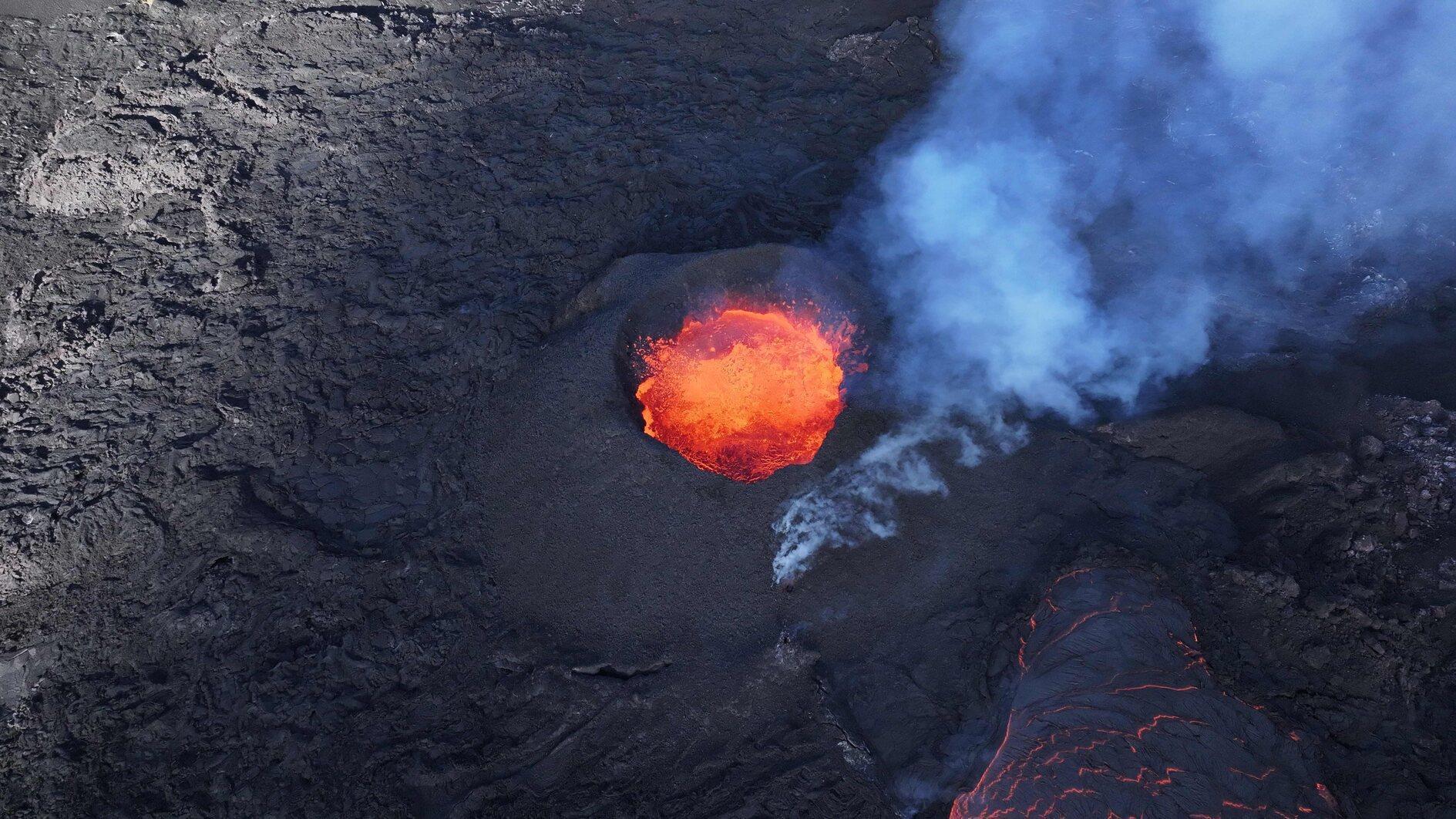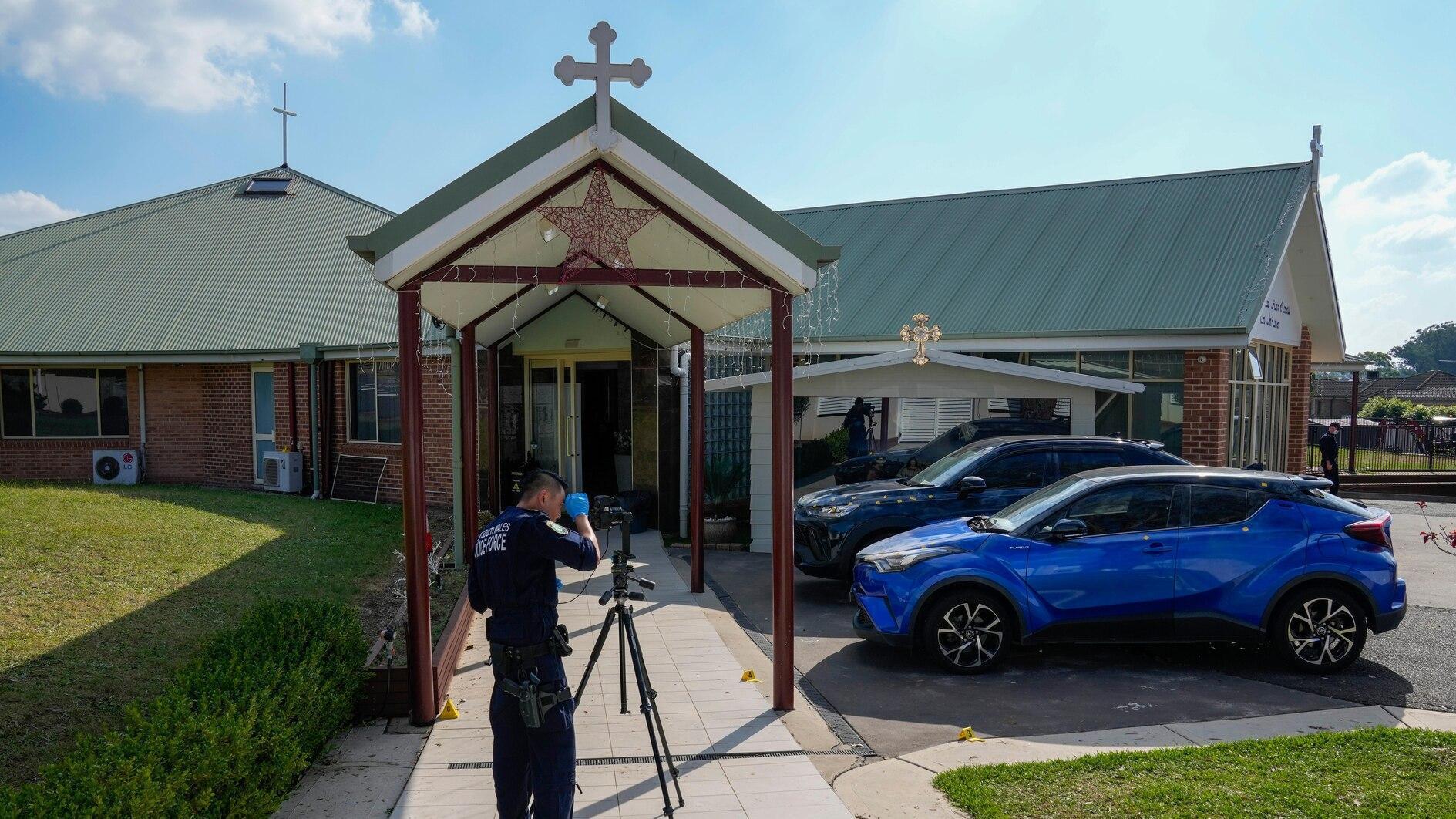Al-Assad as Michael Corleone
Approximately one year ago, just as the Syrian crisis was entering its bloody phase, I made an analogy about the Baath regime on Twitter. This analogy later became the subject of a column. In this analogy, I had compared the al-Assad administration to Mario Puzzo’s Corleone family and declared that we faced a mafia state. I had also stated that calls made by regional and international actors for the bloodshed to end had no meaning in al-Assad’s administration, described this way.
Let’s remember the Godfather analogy. In the Syrian example, Michel Aflaq, the man who caused most of the troubles in the Arab world, is the architect of this mafia state, its Mario Puzzo. Hafez al-Assad, with his collaborative strategies, his power of control and cruelty, corresponds to Vito Corleone. Maher al-Assad, having spun out of control, plays the role of Sonny Corleone. Asaf Shawkat, with the rumors about his association with Syria’s comfortable enemy Israel, and even rumors as to whether he is alive or not spreading, is none other that Carlo Rizzi. These analogies, which are to a degree debatable, fade in relation to one interesting comparison. That is Bashar al-Assad — the well-educated son of the family who previously neither got involved in the regime’s business all that much, nor has a military background; who was expected neither to get his hands as bloody as his father Hafez, nor, for that matter, to find himself in a position of power in place of his brother or the deceased Basel al-Assad — is without a doubt Michael Corleone. The only comparison we cannot be sure of in this scenario is whether Sergey Lavrov plays the role of Tom Hagen, the lawyer for the Corleone family.
Yes, we can evaluate the Baath regime we are faced with roughly through the prism of the family model described above. If this extrapolation is in fact accurate, we can better understand how Bashar al-Assad was transformed into a dictator with extremely bloody hands. Similarly, we can clearly see that the claim “al-Assad is good, his surroundings are bad” is nothing but a myth. The al-Assad family has executed every single massacre in the last 40 years consciously and with purpose. They knew exactly what they were doing 30 years ago when they were killing tens of thousands of people in Hama, and they know exactly what they are doing today in the killing of thousands of people. Just as the al-Assad regime remained silent on purpose as Israel carried out bombings on Syrian soil in 2007, they were acting consciously and calculatedly when shooting down an unarmed Turkish jet two weeks ago.
This is probably because the family’s “lawyer” gave two pieces of sound advice: First, you can only suppress the uprisings following the Chechen model. In other words, you must shed so much blood that the rebels drown in their own blood. Second, if things get really bad, you must scare them with the wrath of other regional actors by causing the bloodshed to spread in the region. Al-Assad has followed this advice. The problem is that we do not live on a film set. The uprisings in Syria resemble Chechnya neither geographically or politically. Syria is no Russia and Turkey is no Georgia. One more piece of bad news for al-Assad: Russia has approved the Chechen model of transition with its signature in Geneva, whether it accepts it or not. This means that in the intermediate term a formula in which al-Assad does not exist will be created.










